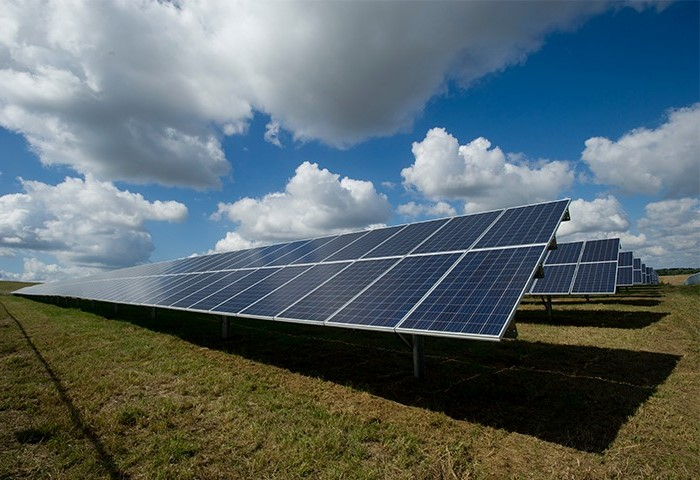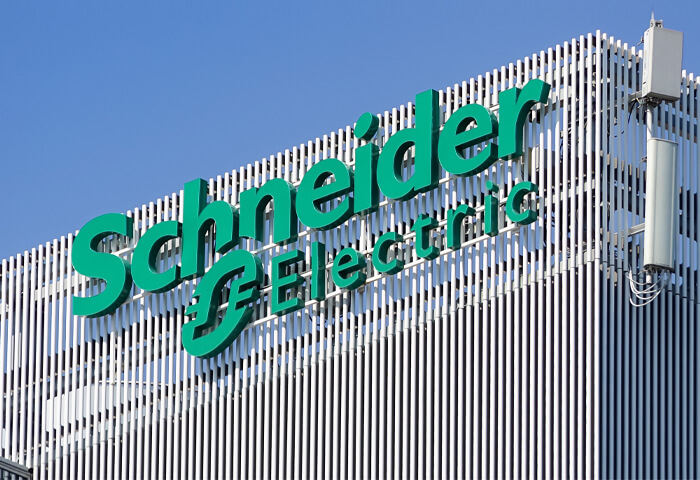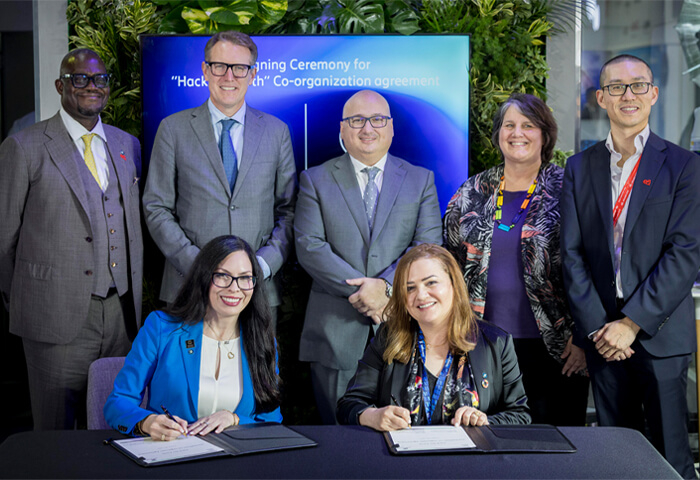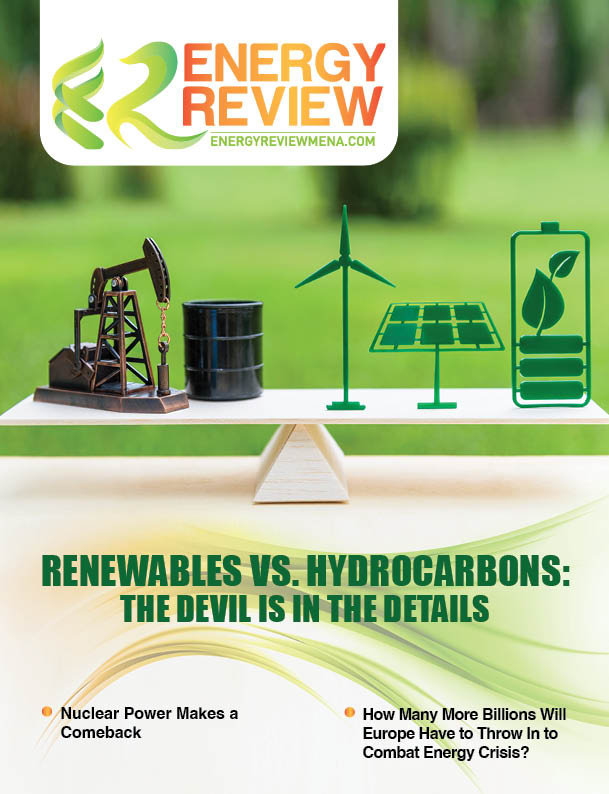The International Energy Agency has noted that a lack of international collaboration is undermining efforts to decarbonize polluting sectors and could delay the net-zero emissions target by decades.
Revisiting the COP26 climate summit in Glasgow, where 45 countries vowed collaboration on the deployment of green tech across sectors including electricity, transport and agriculture by 2030 under the “Breakthrough Agenda,” the IEA has said that greater coordination between countries would make key green technologies cheaper for developing nations to deploy at scale. The IEA urged nations to use the coming COP27 meeting in Egypt to "accelerate progress towards net zero emissions by decades, cut energy costs and boost food security for billions of people worldwide."
As the first assessment of priorities for strengthened collaborative action and progress so far, produced by the International Energy Agency (IEA), International Renewable Energy Agency (IRENA) and the UN Climate Change High-Level Champions, The Breakthrough Agenda Report sets out 25 collaborative actions to help make clean power, EVs, low-carbon steel and hydrogen, and sustainable farming the most affordable options at the earliest. Also read: Nuclear Power Makes a Comeback
In light of the surging energy prices and the threat of a global food crisis, the IEA said that much more progress was needed for the global economy to achieve carbon neutrality this century.
The IEA recommended the establishment of low-carbon "super grids" spanning multiple nations to improve energy security while reducing emissions.
It also called for international financial institutions to channel funding and expertise more quickly to coal-dependent nations in order to accelerate their low-carbon transition.
"We see a major challenge, which is international collaboration between the countries and across the sectors," said IEA Director Fatih Birol.
Power, road transport, steel, hydrogen and agriculture account for some 60% of greenhouse gas emissions, and the IEA says the bulk of the reductions needed by 2030 to keep the Paris Agreement temperature goal of 1.5C should come from the five sectors. Also read: Shell’s Renewables Director to Head Company After CEO’s Exit
"Through international collaboration, we can make the transition quicker, cheaper and easier for everyone. Without this collaboration, the transition to net zero emissions will be much more challenging and could be delayed by decades," said Birol.
The report notes an increase in practical international cooperation in recent years as well as progress in deploying the technologies needed, including:
- • A doubling of EV sales in 2021 from the previous year, to a new record of 6.6 million
- • A forecast increase in global renewable capacity of 8% in 2022 – surpassing the 300GW mark for the first time – enough to power approximately 225 million homes
- • A forecast for global electricity generation cost reduction of at least USD 55 billion in 2022, based on new renewable capacity added in 2021
Separately, a report compiled by the international non-profit Climate Group has stated that Germany, China, Spain and the UK are leading the world's richest nations in the push towards renewable energy in both ambition and progress. More modest climbers included Australia, India, the United States and Japan, while Canada and Brazil scored poorly, despite their existing high renewable electricity use. Saudi Arabia and Russia held down the bottom spots in the list.
Also read: Renewables Can Save $160 Billion in Energy Costs for Southeast Asia by 2050, Says IRENA









